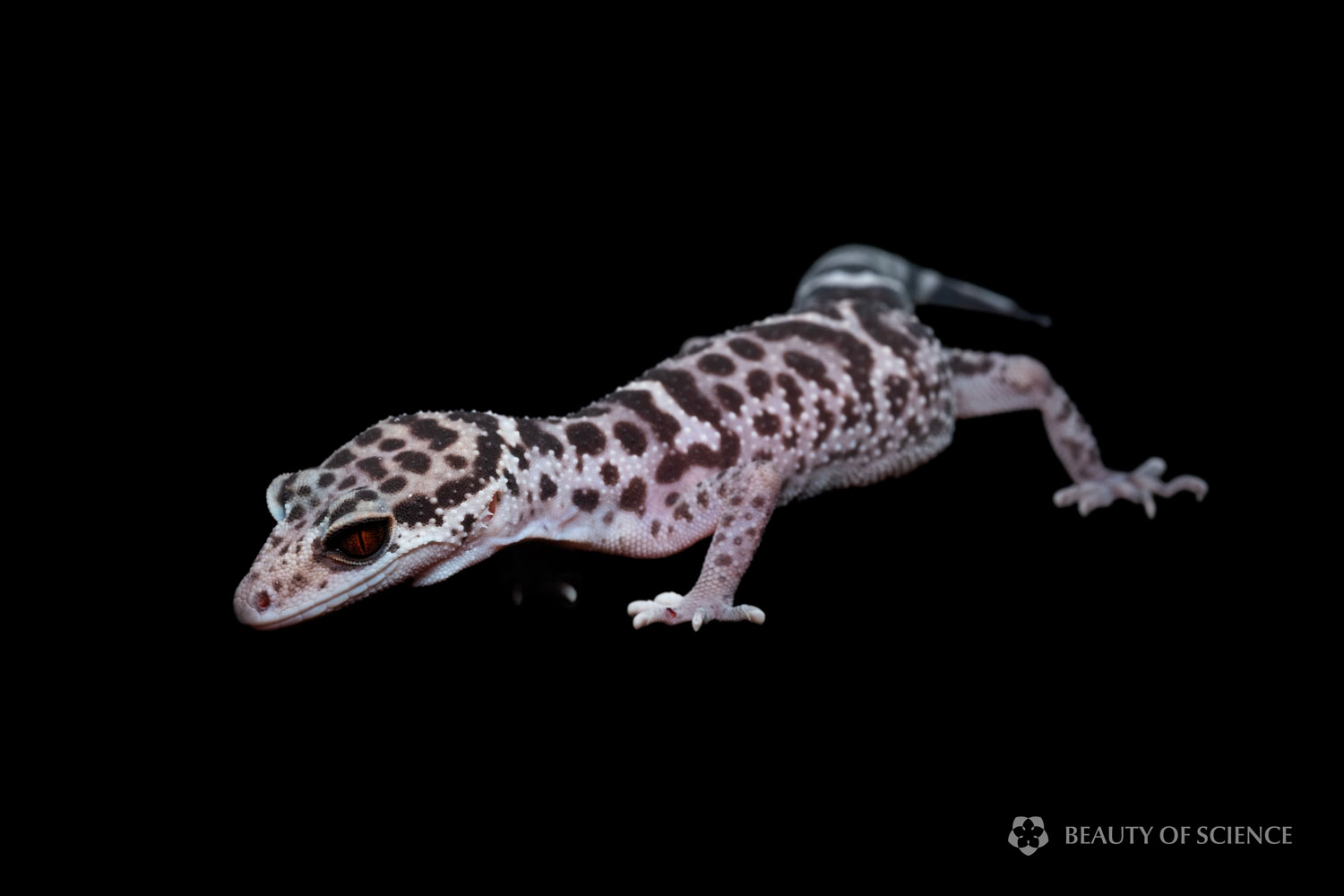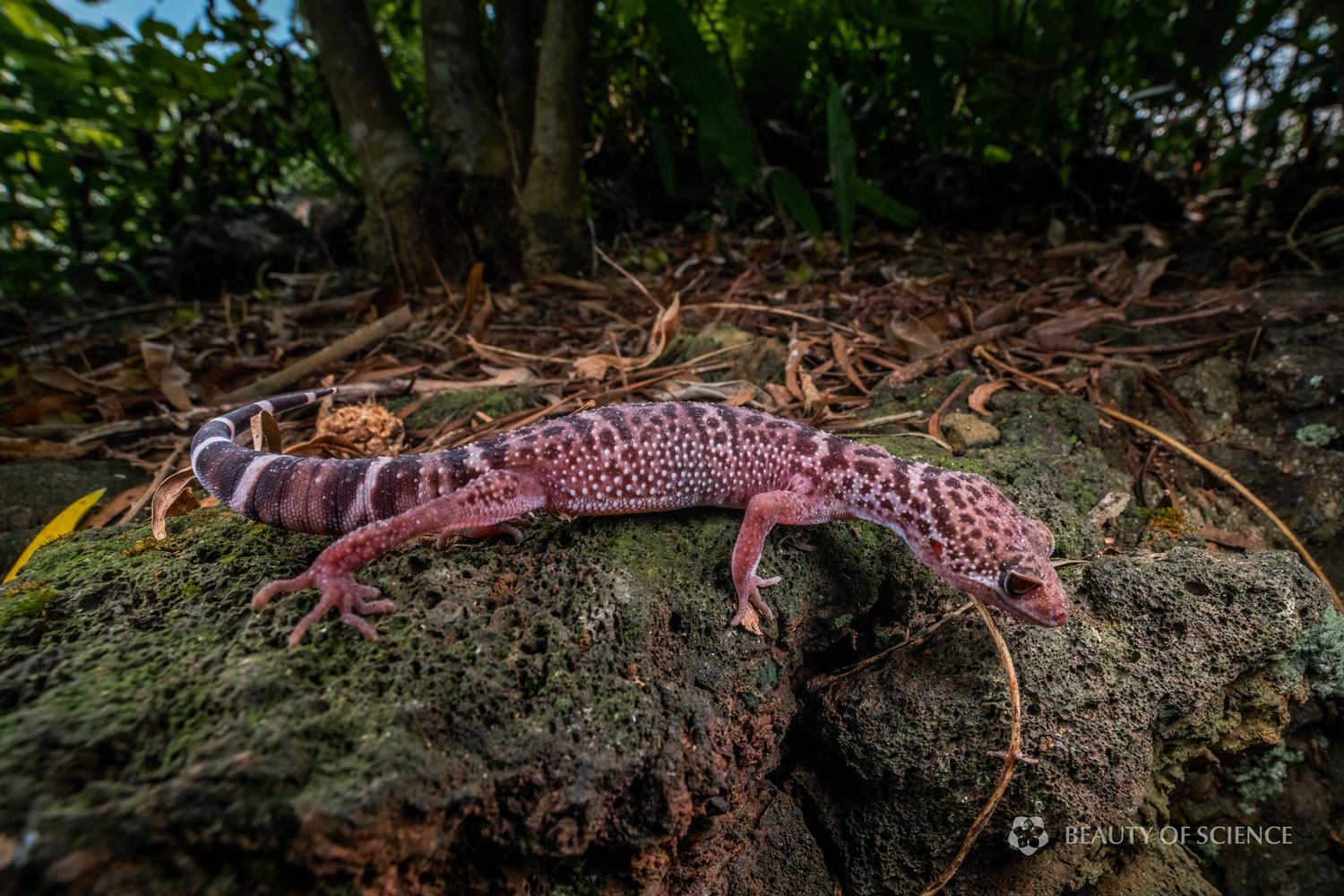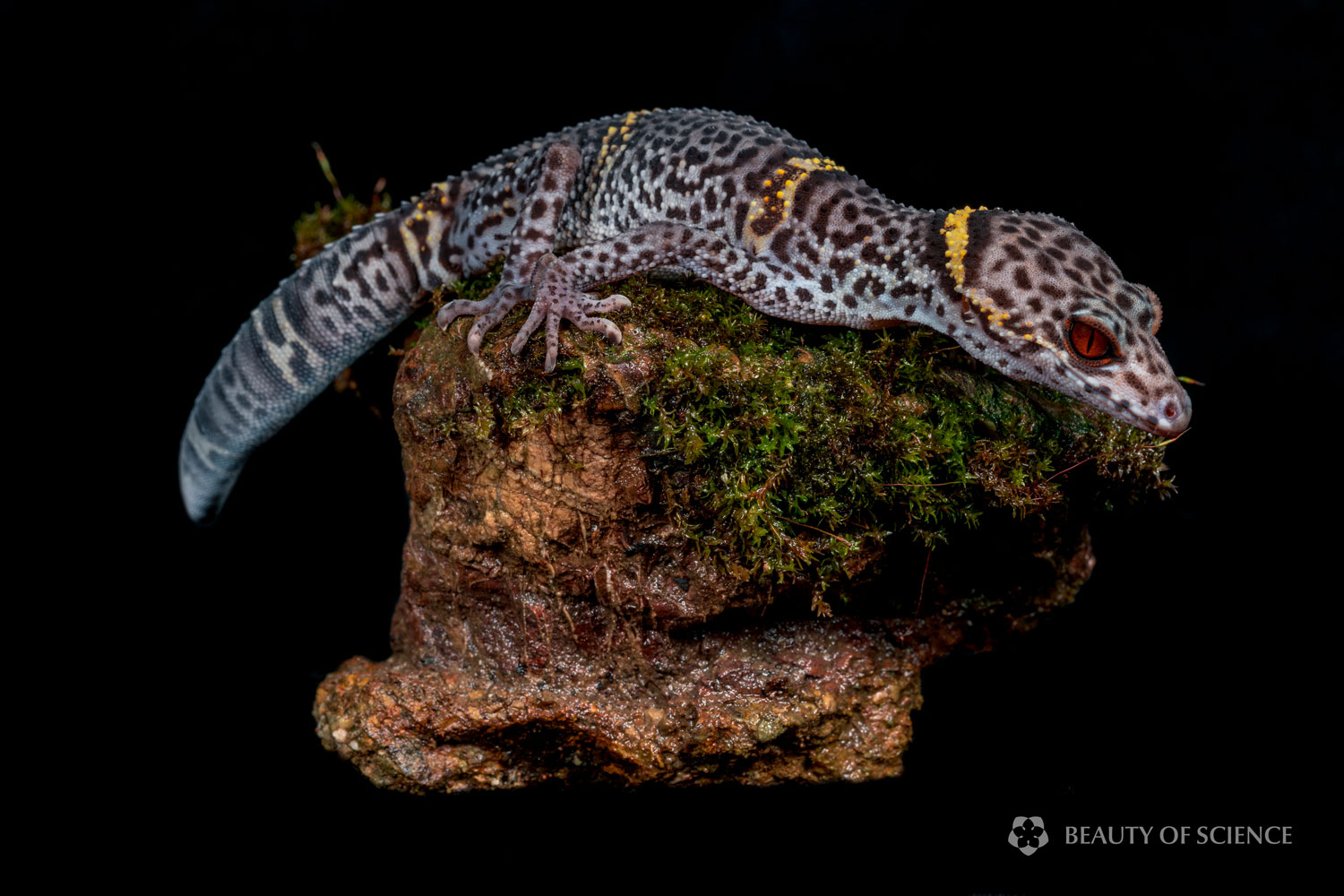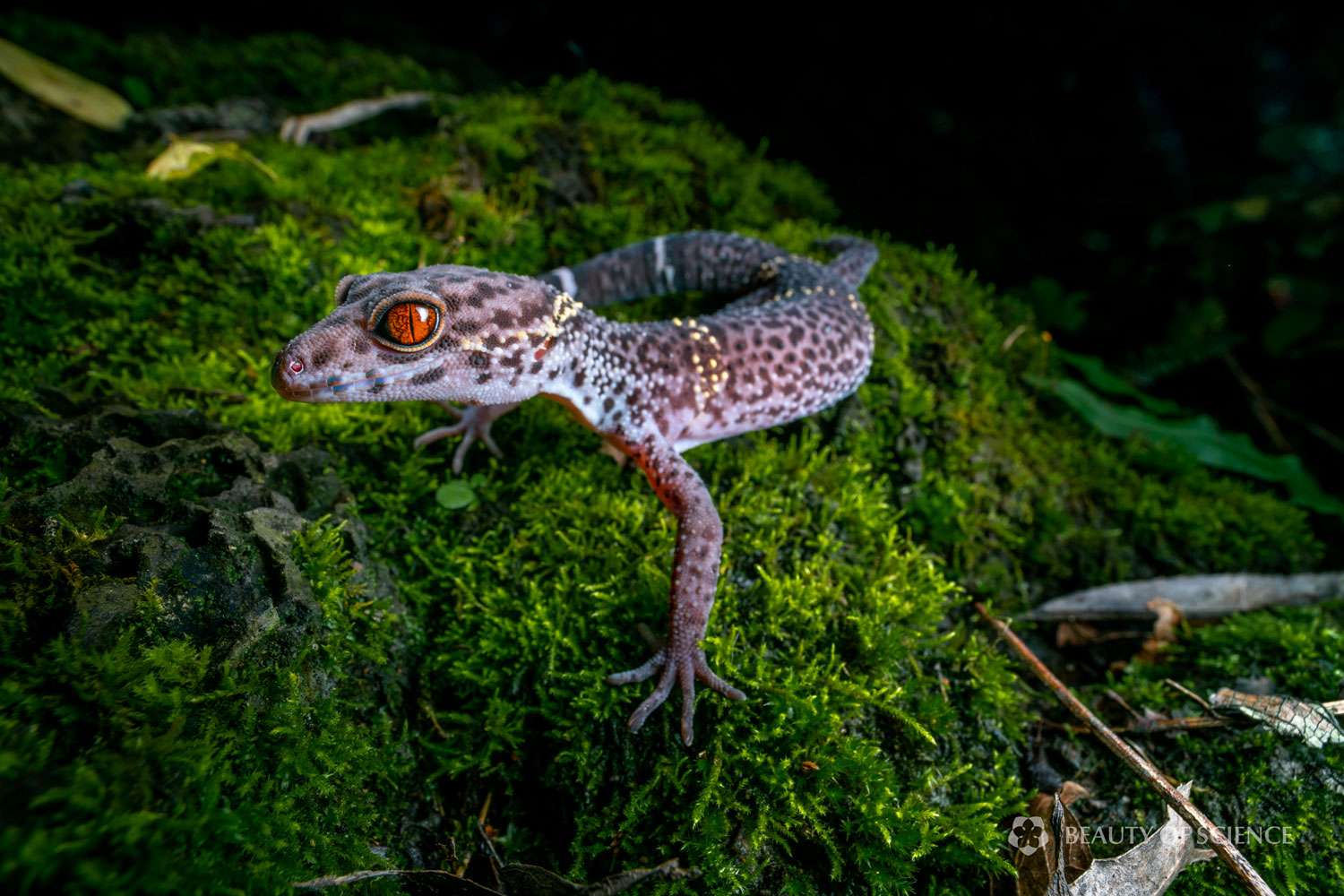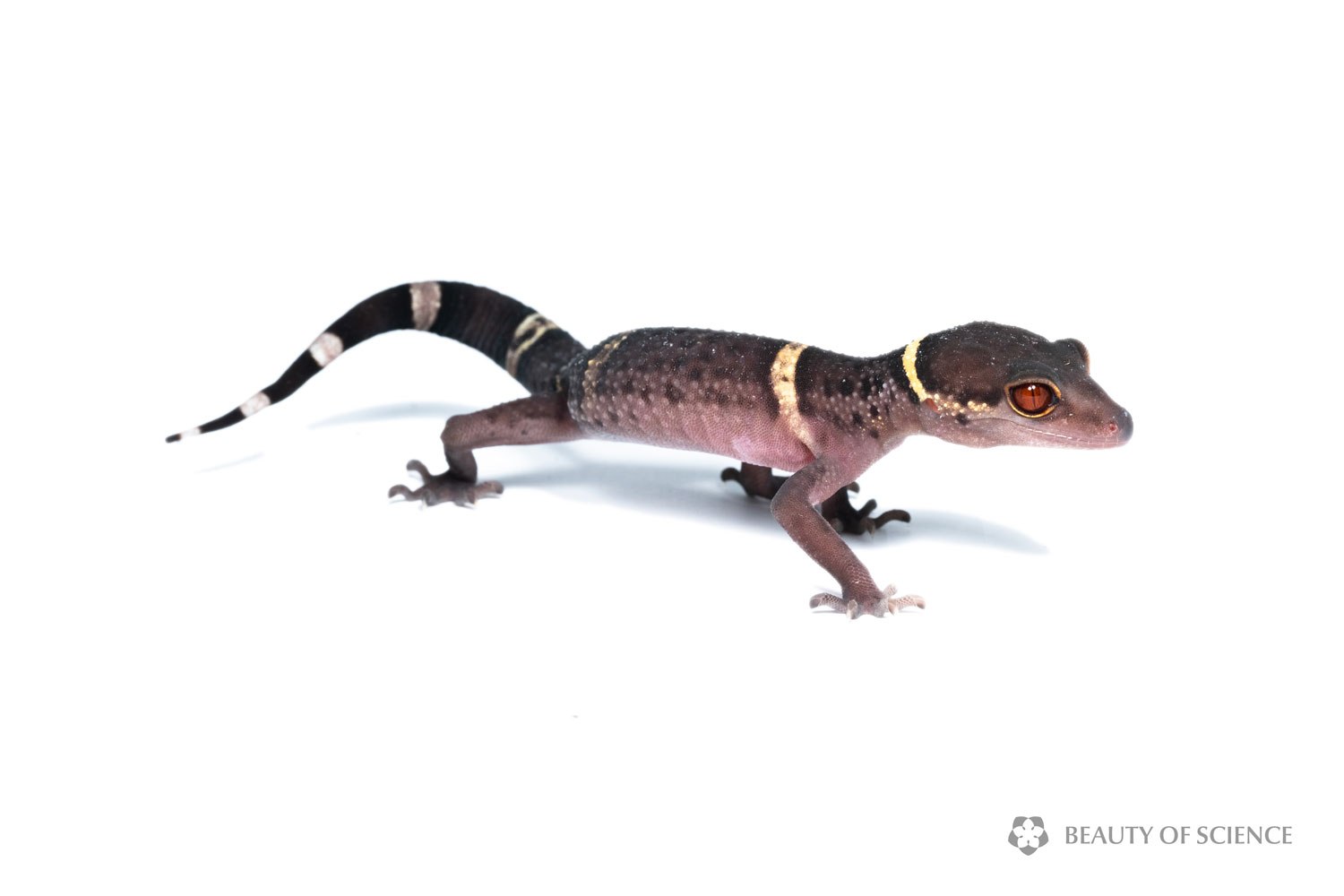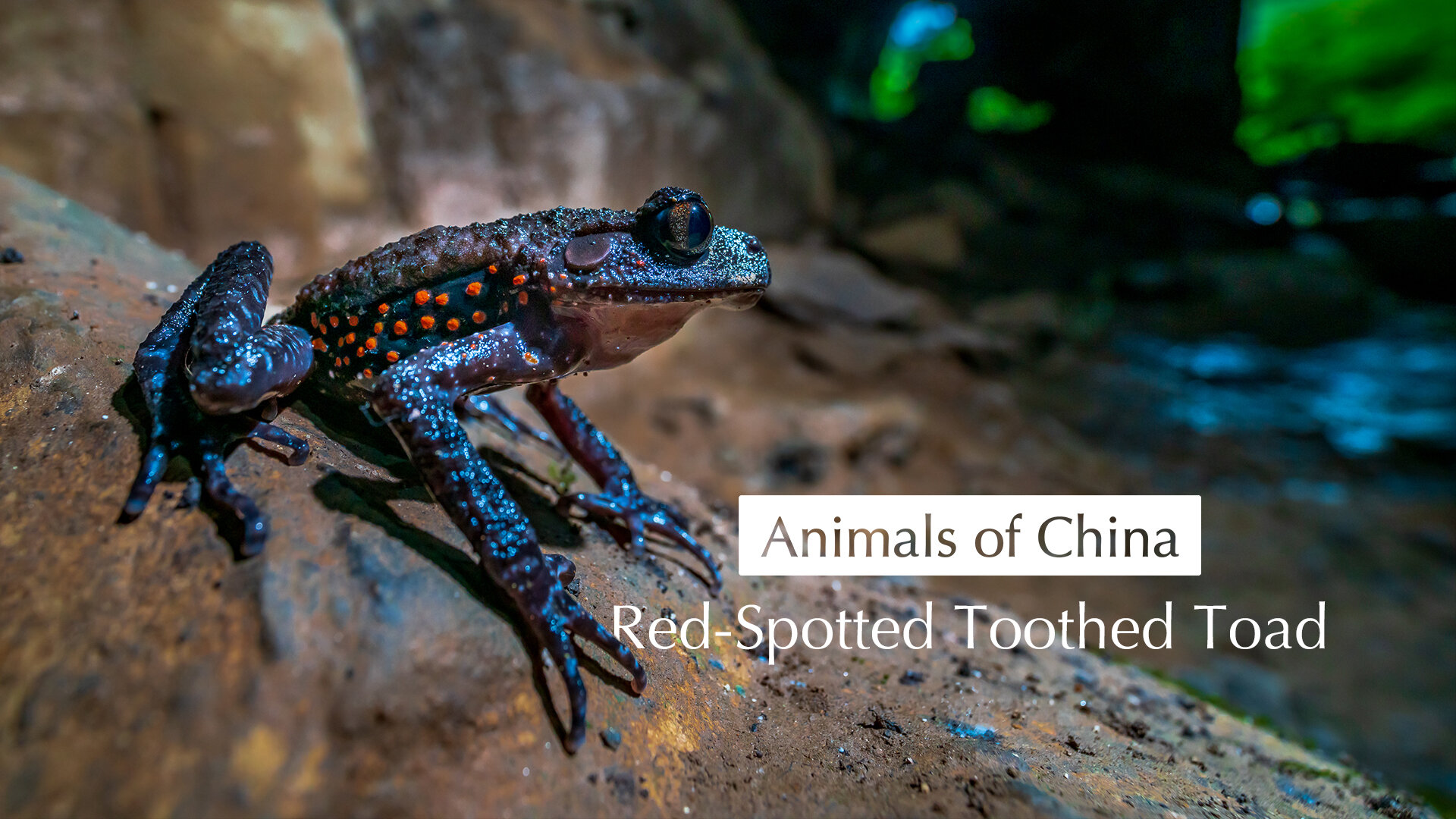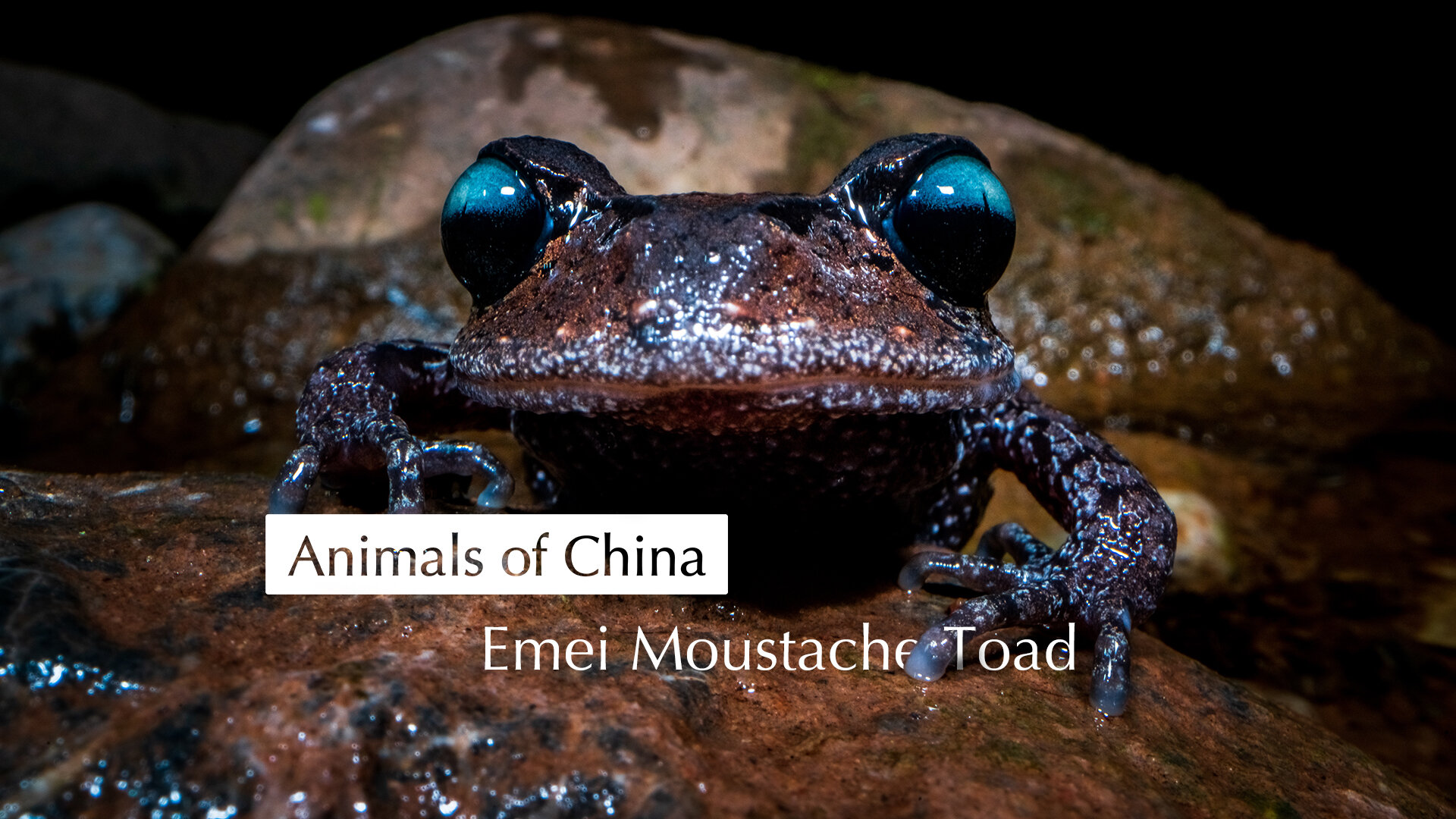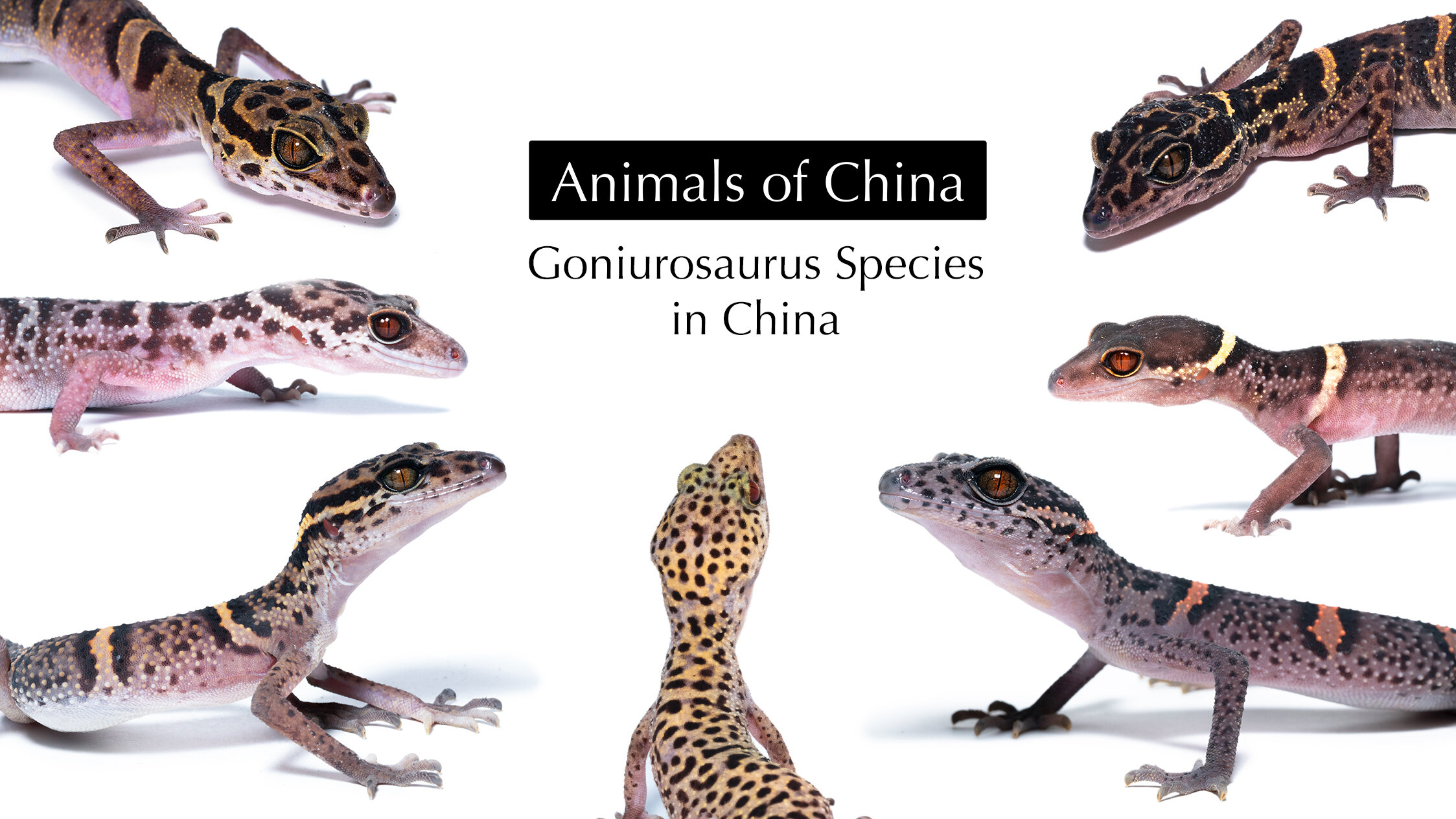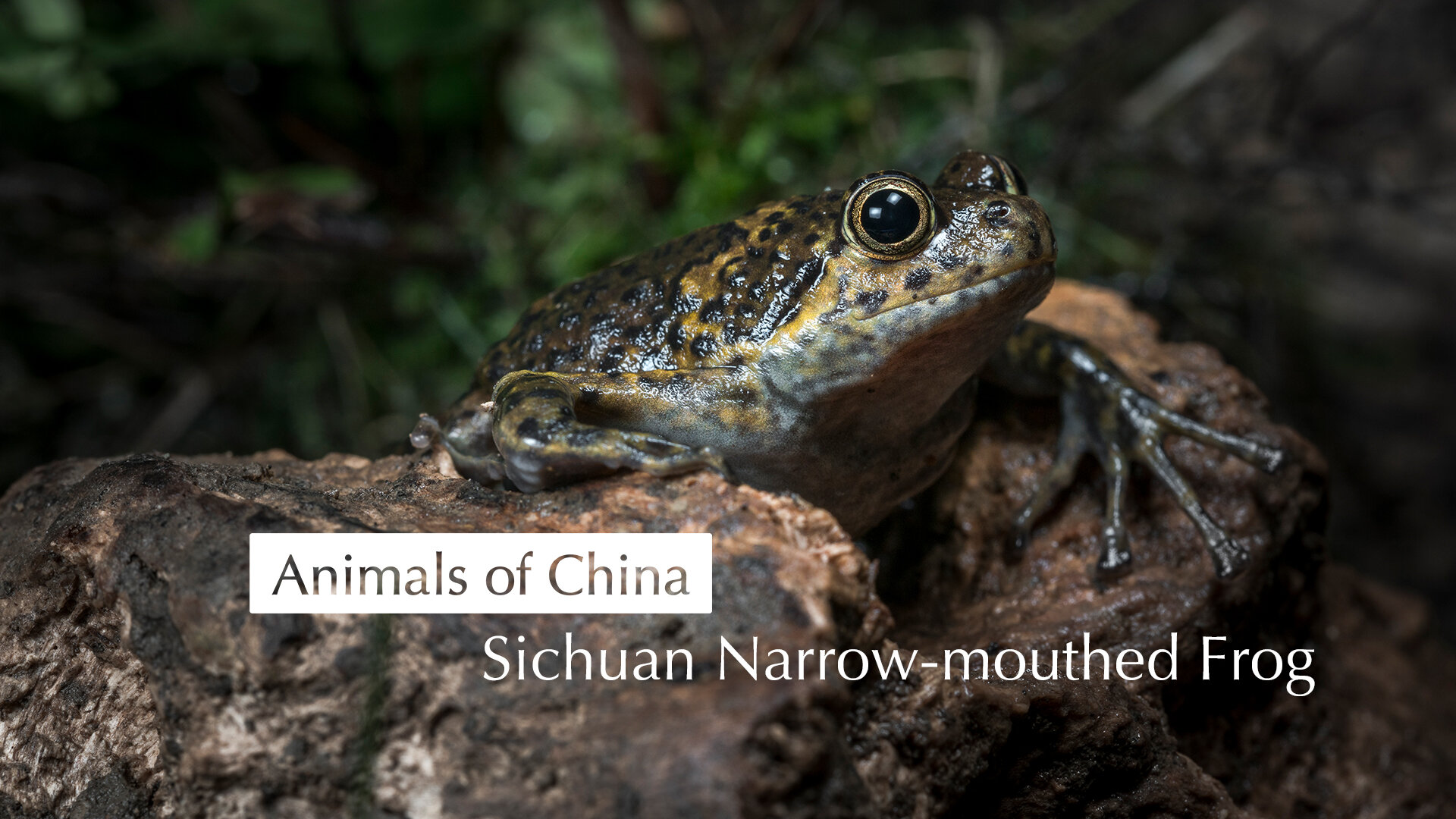Goniurosaurus Species in Hainan Island
Introduction
Goniurosaurus, a genus of geckos in the family Eublepharidae, contains 18 primarily nocturnal gecko species [1]. Goniurosaurus species have eyelids, which is a unique trait of the Eublepharidae family. However, they do not have the specialized toe pads like common house geckos. As a result, they cannot climb smooth and vertical surfaces.
China has 10 or 11 species of Goniurosaurus by now, and 3 are found in Hainan Island: Goniurosaurus hainanensis (G. hainanensis) [2], G. bawanglingensis [3], and G. zhoui (a new species reported by Runbang Zhou et al. in 2018) [4]. Goniurosaurus lichtenfelderi in north-eastern Vietnam, a sister species of G. hainanensis, originated in Hainan Island and reverse-colonized to the mainland through the exposed continental shelf during glacial periods [1].
In this project, we photographed all three Goniurosaurus species of Hainan to raise awareness of these beautiful species. We hope our work could contribute to the their protection and the conservation of their habitats. We thank Mr. Runbang Zhou from Foresty Department of Hainan Province for allowing us to photograph his samples. We also thank Dr. Bin Liang for providing scientific advice to this project.
Goniurosaurus zhoui
G. zhoui was first reported by Runbang Zhou et al. in 2018 [4], which is the third endemic Goniurosaurus species discovered in Hainan. Mr. Zhou told us he named this new species in memory of his grandfather. The name also has a second meaning: Zhou is also the longest-lasting dynasty (1046-256 BCE) in China.
Gallery 01: Goniurosaurus zhoui
Gallery 02: Goniurosaurus zhoui in Simulated Habitat
Goniurosaurus hainanensis
G. hainanensis was reported by T. Barbour in 1908 [2]. Its appearance is very close to that of another Goniurosaurus species, G. lichtenfelderi. According to a scientific article [5], the two species can be "separated on the basis of G. hainanensis having a more heavily tuberculate dorsum and dark tubercles in the light body bands of adults, as opposed to the bands being immaculate, as they are in G. lichtenfelderi."
Gallery 03: Goniurosaurus hainanensis
Gallery 04: Goniurosaurus hainanensis in Simulated Habitat
Gallery 05: Life Cycle and Traits of Goniurosaurus hainanensis
Goniurosaurus bawanglingensis
G. bawanglingensis was first reported by Lee Grismer et al. in 2002 [3]. The species name is after Hainan Bawangling National Nature Reserve where it was discovered.
Gallery 06: Goniurosaurus bawanglingensis
Chances for discovering new Goniurosaurus species in Hainan
Mr. Zhou thinks that there are chances for discovering new Goniurosaurus species in Hainan as China now emphasizes more on basic research and environment protection. Also, besides adoring their beautiful appearance, we still know little about the biology of Goniurosaurus. Clearly more research needs to be done and Mr. Zhou hopes that more young people would be interested in doing it.
Gallery 07: Goniurosaurus Species in Hainan
References
[1] Liang, B., Zhou, R.B., Liu, Y.L., Chen, B., Grismer, L.L. and Wang, N., 2018. Renewed classification within Goniurosaurus (Squamata: Eublepharidae) uncovers the dual roles of a continental island (Hainan) in species evolution. Molecular phylogenetics and evolution.127:646-654.
[2] Barbour, T., 1908. Some new reptiles and amphibians. Bull. Mus. Comp. Zool. 51, 315–325.
[3] Grismer, L.L., Shi, H.T., Orlov, N.L., Ananjeva, N.B., 2002. A new species of Goniurosaurus (Squamata: Eublepharidae) from Hainan Island, China. J. Herpetol. 36, 217–224.
[4] Zhou, R.B., Wang, N., Chen, B., Liang, B., 2018. Morphological evidence uncovers a new species of Goniurosaurus (Squamata: Eublepharidae) from the Hainan Island, China. Zootaxa 4369, 281–291.
[5] Grismer, L.L., 2000. Goniurosaurus murphyi Orlov and Darevsky: A Junior Synonym of Goniurosaurus lichtenfelderi Mocquard. J. Herpetol. 34, 486–488.
Credits
Photographer: Jingling Miao
Producer: Yan Liang
Updates
Dec 01, 2018: A video of G. Hainanensis movement was added.
Nov 09, 2018: This page was launched.










